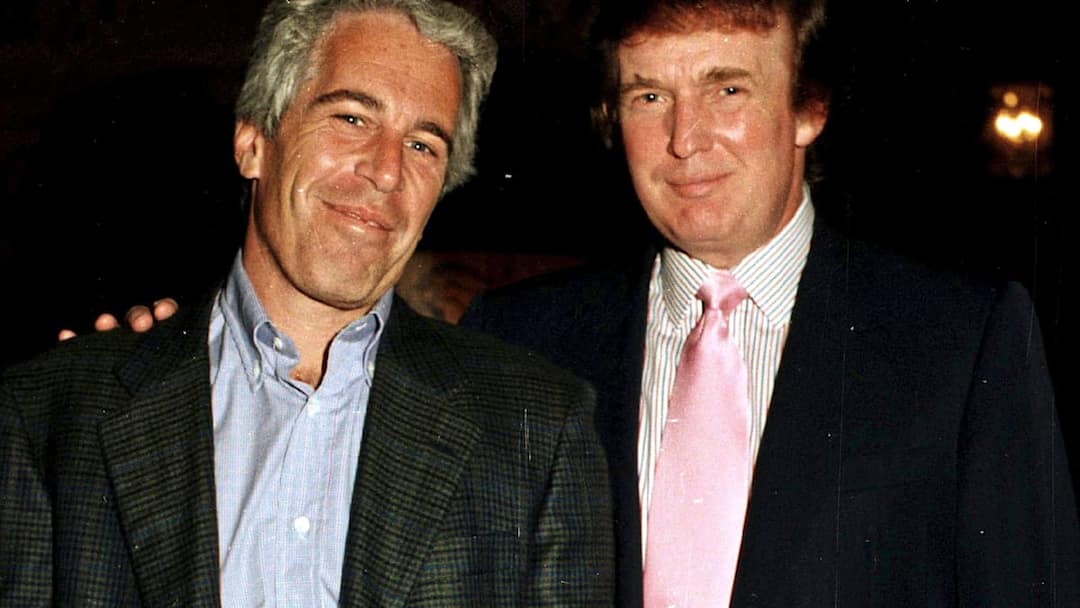US president Donald Trump on Wednesday authorised the release of long-sealed files connected to Jeffrey Epstein, marking a significant moment in a case that has fuelled public curiosity and political debate for years. The move follows months of mounting pressure on the president to make the documents public, according to AP.
Congress Pushes for Transparency
Trump’s approval comes shortly after both chambers of Congress delivered a clear message: it was time for the Epstein files to be opened.
In the Senate, the bill passed through unanimous consent, a measure approved without a formal vote. Over in the House of Representatives, lawmakers backed the bill with an overwhelming 247–1 majority.
The sole vote against the release came from Representative Clay Higgins, who warned that allowing the documents to be made public would “absolutely result in innocent people being hurt.”
Trump Urged Republican Support Before Vote
Just last week, Trump publicly encouraged Republicans to support the bill, saying “it’s time to move on.” His message on Truth Social followed renewed attention sparked by a recently surfaced 2018 email exchange involving Mark and Jeffrey Epstein.
In the email, sent to Steve Bannon, who served as chief strategist in Trump’s first administration, Mark speculates whether Russian President Vladimir Putin might possess a compromising photo of “Trump blowing Bubba.”
The email chain began as an everyday back-and-forth between the Epstein brothers, with Jeffrey mentioning he was with Bannon at the time.
Trump On His Truth Social Account
US president Donald Trump issued a lengthy statement on Truth Social defending his decision to approve the release of the Jeffrey Epstein files, while sharply criticising Democrats and the Biden administration.
Trump stressed that Epstein “was a lifelong Democrat” and claimed he was closely linked to several high-profile Democratic figures, including Bill Clinton, Larry Summers, Reid Hoffman, Hakeem Jeffries, and Stacey Plaskett. He argued that releasing the documents would “perhaps” reveal “the truth about these Democrats, and their associations with Jeffrey Epstein.”
The president highlighted that he had pushed congressional leaders to pass the bill, saying: “As everyone knows, I asked Speaker Mike Johnson and Senate Majority Leader John Thune to pass this Bill… the votes were almost unanimous.” He added that, under his direction, the Department of Justice had already handed over “close to fifty thousand pages” of material to Congress.
Trump accused the Biden administration of refusing to disclose any Epstein-related records, stating it “did not turn over a SINGLE file or page.”
He also linked the controversy to what he described as a series of political attacks against him and his party, calling them “Witch Hunts and Scams,” and claimed Democrats had used the Epstein issue “to try and distract from our AMAZING victories.”
He concluded with his trademark sign-off: “MAKE AMERICA GREAT AGAIN!”
What Exactly Are the ‘Epstein Files’?
The collection commonly referred to as the “Epstein files” includes evidence gathered during the criminal investigations into Jeffrey Epstein, Ghislaine Maxwell, and their associates.
These records, held within the FBI’s case management system, comprise more than 300 gigabytes of data alongside additional media.
Among the contents is Epstein’s so-called “client list,” which includes the names of several high-profile individuals — from Trump and former president Bill Clinton to Andrew from the British royal family.



